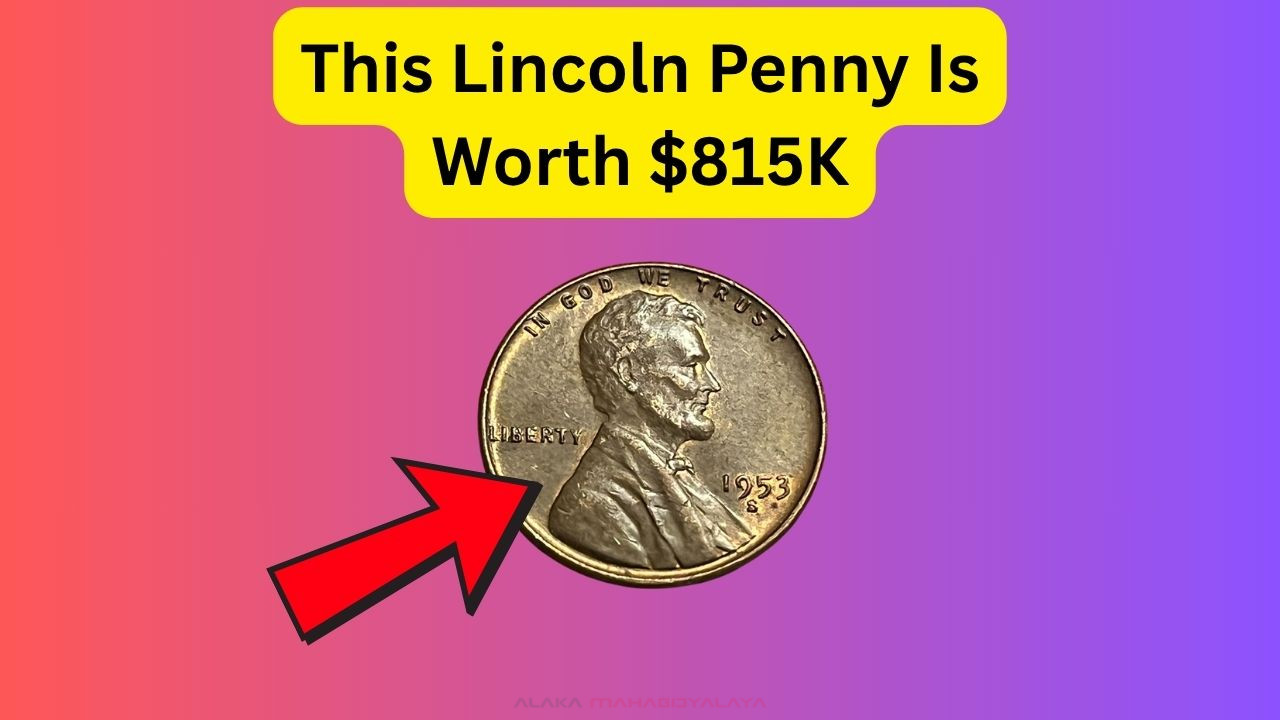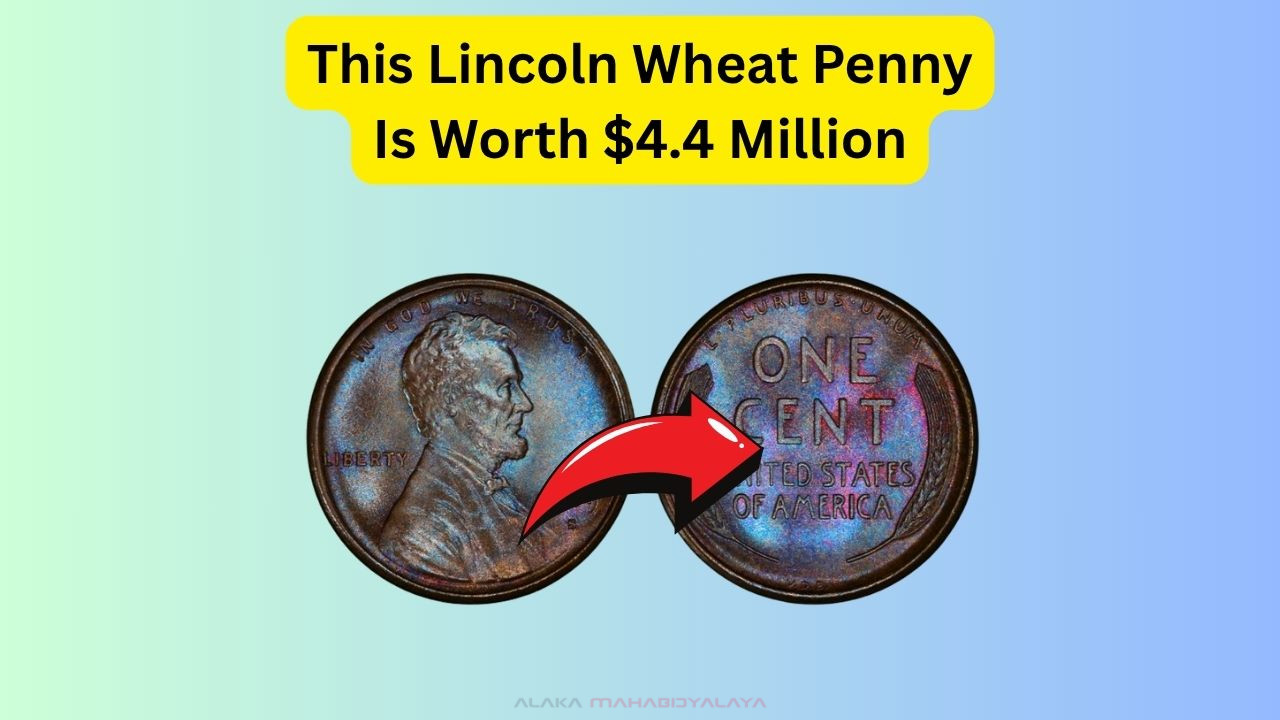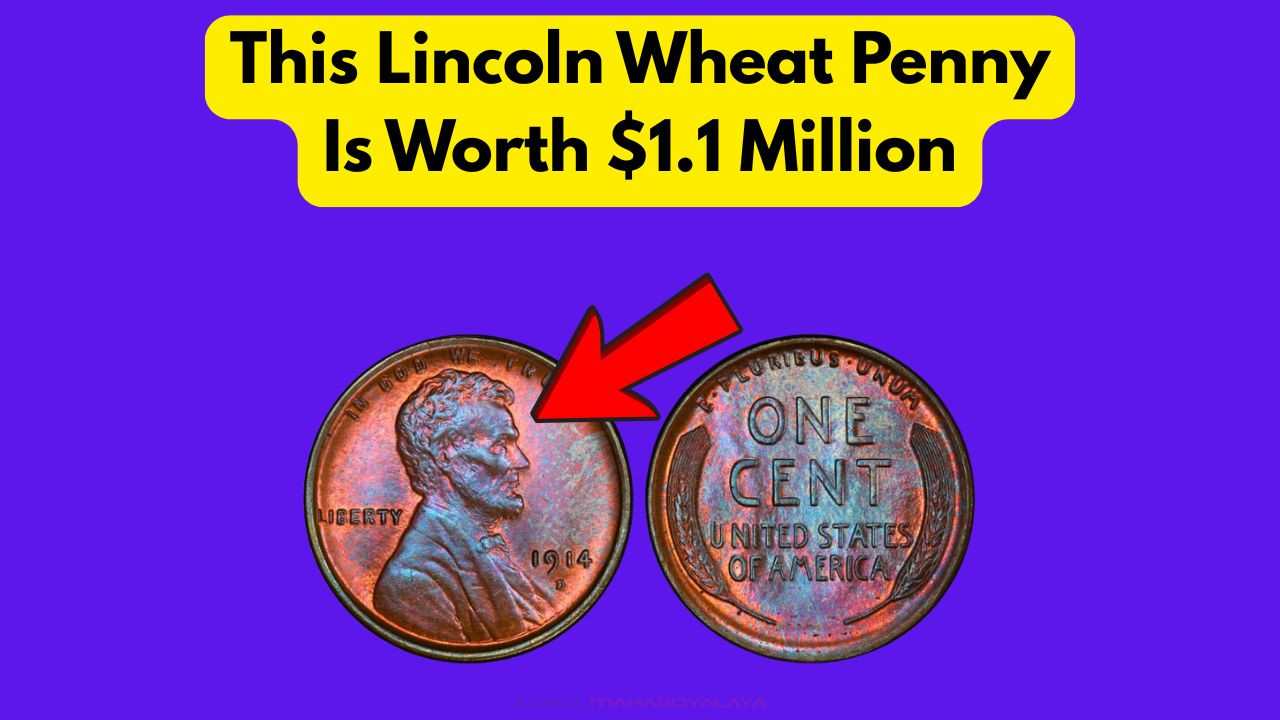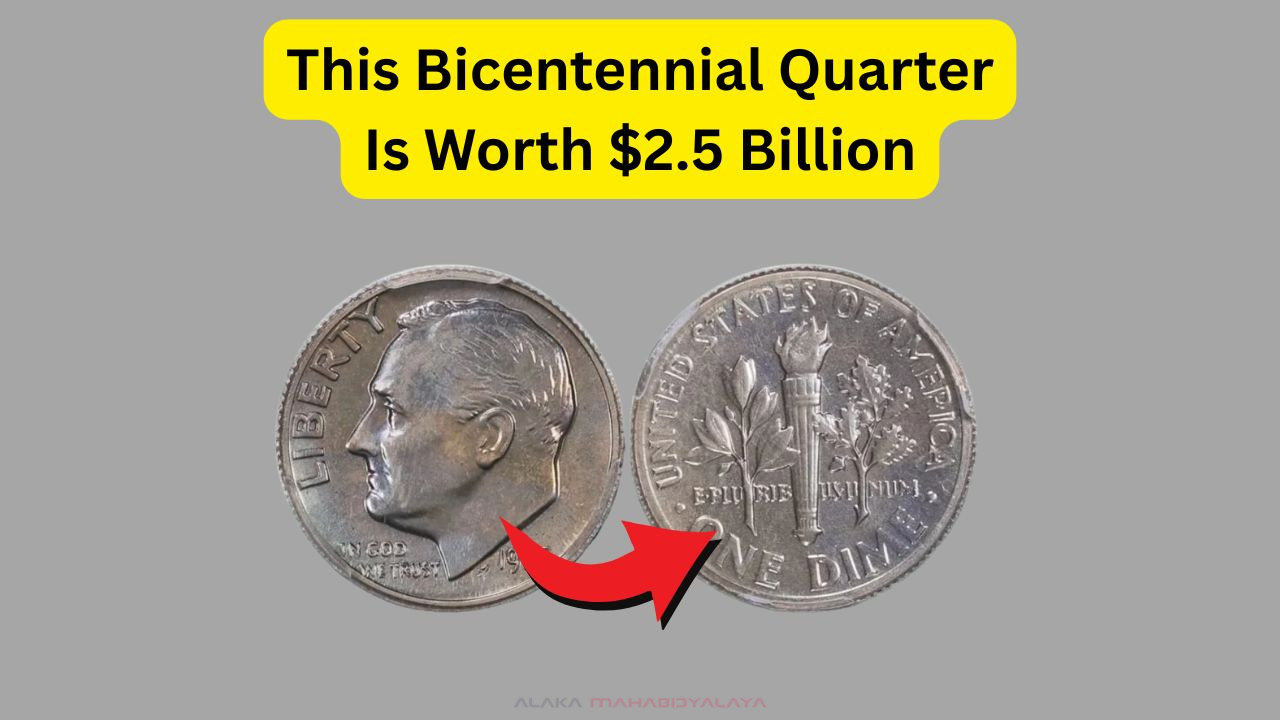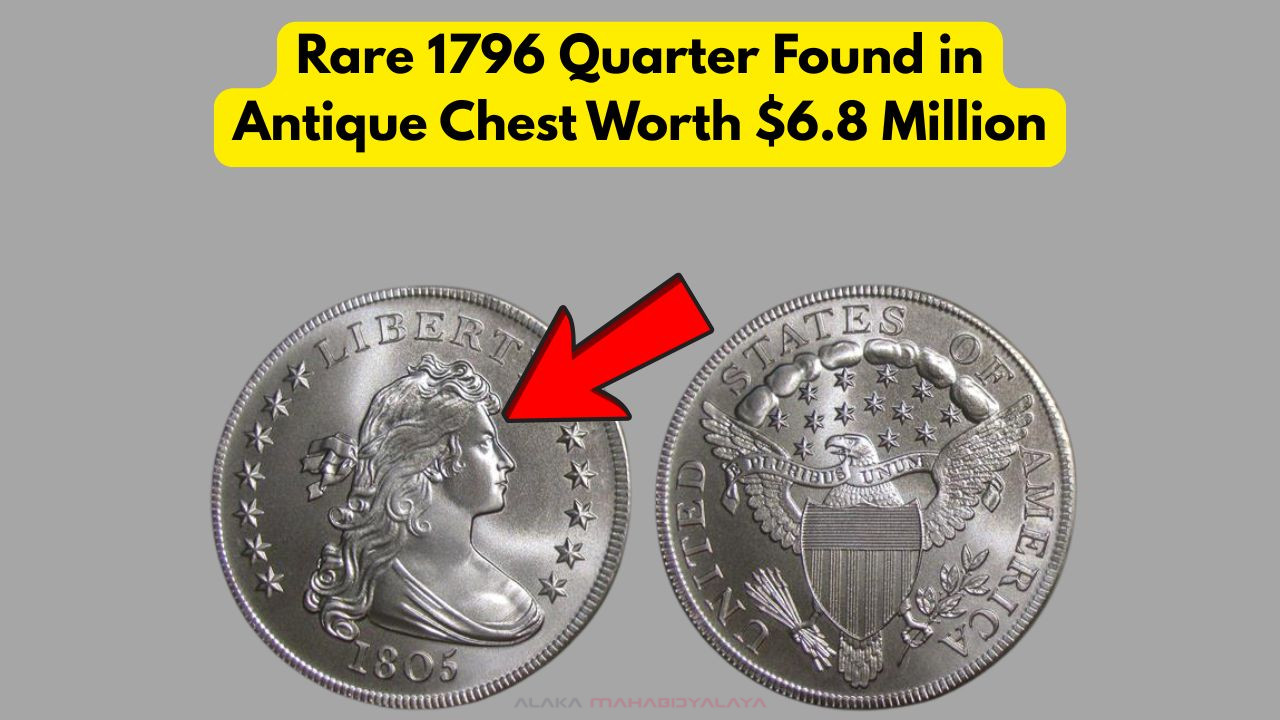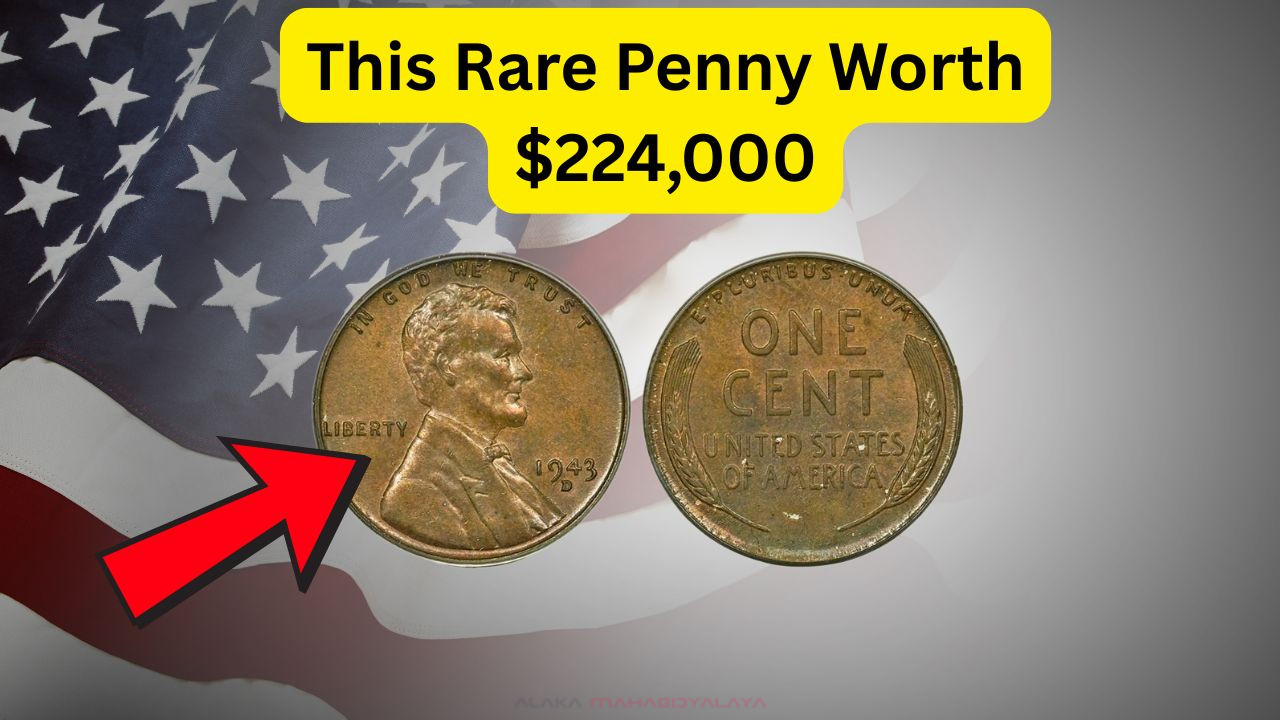Staggering $815K Lincoln Wheat Penny Still in Circulation
The Enigmatic Journey of the $815K Lincoln Wheat Penny
$815K Lincoln Wheat Penny: Imagine sifting through your change and discovering a penny worth a staggering $815,000. This is not just a fantasy but a tangible possibility as the Lincoln Wheat Penny, a rare and highly sought-after coin, continues to circulate. This penny, minted during a period of economic and industrial growth, holds not just monetary value but a piece of history. Collectors around the world feverishly seek this elusive coin, driven by both its scarcity and the stories it tells of a bygone age.
Many might wonder how a humble penny could reach such an astronomical value. The answer lies in its rarity and the historical significance it carries. Minted during a time when the United States was navigating through economic changes, the Lincoln Wheat Penny represents a unique blend of artistry and historical narrative. As you read further, consider the possibility that this extraordinary piece of numismatic history might be lurking in your own pocket.
Key Characteristics of the Lincoln Wheat Penny
- Design: The obverse features the iconic profile of President Abraham Lincoln, while the reverse showcases the distinctive wheat ears.
- Minting Years: Produced from 1909 to 1958, with certain years more coveted due to lower mint numbers or unique errors.
- Material: Composed primarily of 95% copper, giving it a distinct hue that sets it apart from modern pennies.
- Historical Context: Introduced during the centennial of Lincoln’s birth, symbolizing a nation’s respect for its history and leaders.
Why the Lincoln Wheat Penny Is a Collector’s Dream
The allure of the Lincoln Wheat Penny extends beyond its monetary value. For collectors, this coin represents a tangible connection to the past. Each penny carries with it stories of the era it was minted in, from the roaring twenties to the challenges of the Great Depression. The historical context surrounding its production makes it an irresistible artifact for those fascinated by American history and its economic development.
Factors That Boost Its Value
| Year | Mintage |
|---|---|
| 1909-S VDB | 484,000 |
| 1914-D | 1,193,000 |
| 1922 No D | Unknown |
| 1931-S | 866,000 |
| 1943 Copper | 15-20 |
| 1955 Double Die | 40,000 |
| 1944 Steel | 35 |
How to Identify a Valuable Lincoln Wheat Penny
Identifying a valuable Lincoln Wheat Penny requires a keen eye for detail. The first step is to examine the date and mint mark located just below the year on the obverse side. Certain years and mint marks are more valuable due to lower mintages or unique errors that occurred during production. Additionally, the condition of the coin plays a significant role in determining its value. Coins with minimal wear are more sought after by collectors.
Steps to Evaluate Your Penny
| Step | Description | Importance |
|---|---|---|
| 1 | Check the date and mint mark | Identifies rare years |
| 2 | Examine the condition | Determines grade and value |
| 3 | Look for errors | Errors increase rarity |
| 4 | Consult a coin expert | Confirms authenticity |
| 5 | Research current market prices | Informs selling decisions |
| 6 | Consider professional grading | Enhances credibility |
| 7 | Preserve in a protective case | Prevents damage |
The Role of Coin Grading in Determining Value
Coin grading is an essential process in determining the value of a Lincoln Wheat Penny. Professional grading services assess coins on a scale that ranges from poor to mint state, taking into account factors like luster, strike quality, and surface preservation. A higher grade can significantly increase a penny’s value, making it crucial for sellers and collectors to understand this process.
Common Grading Scales
| Grade | Condition | Value Impact | Collector Appeal |
|---|---|---|---|
| MS-65 | Gem Uncirculated | High | Very High |
| AU-50 | About Uncirculated | Moderate | High |
| XF-40 | Extremely Fine | Moderate | Moderate |
| VF-30 | Very Fine | Low | Moderate |
| F-12 | Fine | Low | Low |
| G-4 | Good | Very Low | Low |
| P-1 | Poor | Minimal | Minimal |
Preserving Your Lincoln Wheat Penny
To ensure your Lincoln Wheat Penny retains its value, proper preservation techniques are essential. Coins should be stored in a stable environment, free from extreme temperatures and humidity. Using protective holders and avoiding unnecessary handling can prevent damage and maintain the coin’s condition.
Essential Preservation Tips
- Use Coin Holders: Protects from physical damage and environmental exposure.
- Avoid Cleaning: Cleaning can scratch the surface and reduce value.
- Store in a Cool, Dry Place: Prevents oxidation and corrosion.
- Limit Handling: Oils from skin can tarnish the coin.
- Consult Experts: For preservation techniques and value assessment.
The Future of the Lincoln Wheat Penny in Circulation
As time progresses, the number of Lincoln Wheat Pennies in circulation continues to dwindle. However, their legacy remains strong among collectors and historians alike. With each passing year, the intrigue surrounding these coins grows, making them a perpetual favorite in the numismatic community.
FAQ Section
- What is the most valuable Lincoln Wheat Penny?
- The 1943 copper penny is one of the most valuable due to its rarity.
- Another notable example is the 1909-S VDB penny.
- How can I tell if my penny is a Lincoln Wheat Penny?
- Check the reverse side for the wheat ears design.
- Look for minting years between 1909 and 1958.
- Is it worth having my penny professionally graded?
- Yes, grading can significantly affect the value and credibility of your coin.
- Consider grading if you plan to sell or insure your coin.
- Where can I sell my Lincoln Wheat Penny?
- Consider online auction sites, coin dealers, or numismatic shows.
Collecting and Investing in Lincoln Wheat Pennies
Understanding the Market
Recognizing Market Trends
Connecting with Other Collectors
Staying Informed on Numismatic News
Exploring Other Historical Coins
